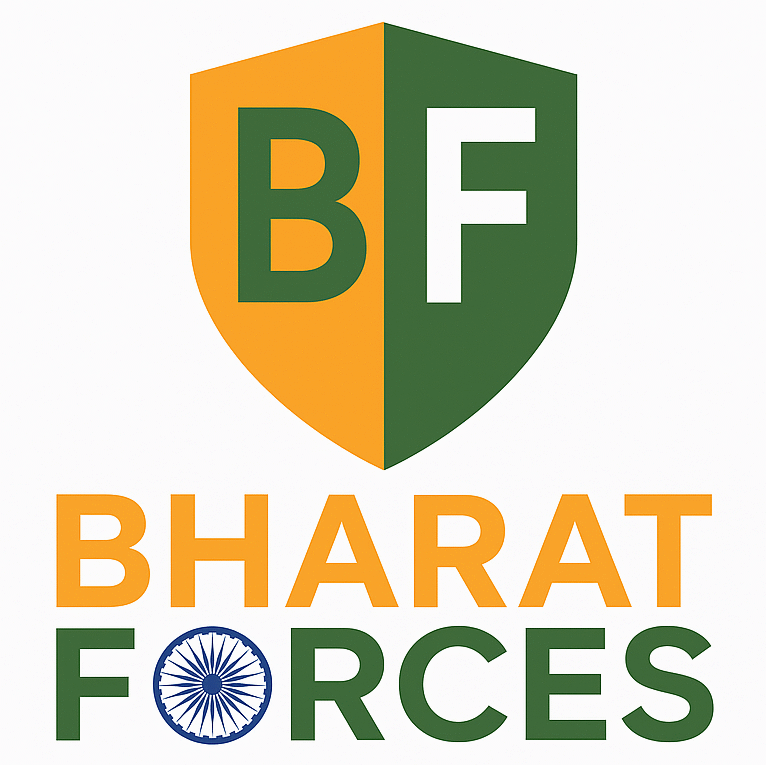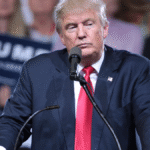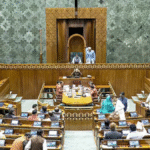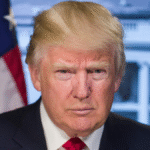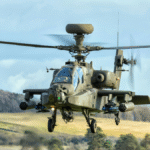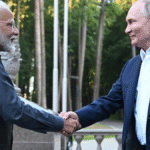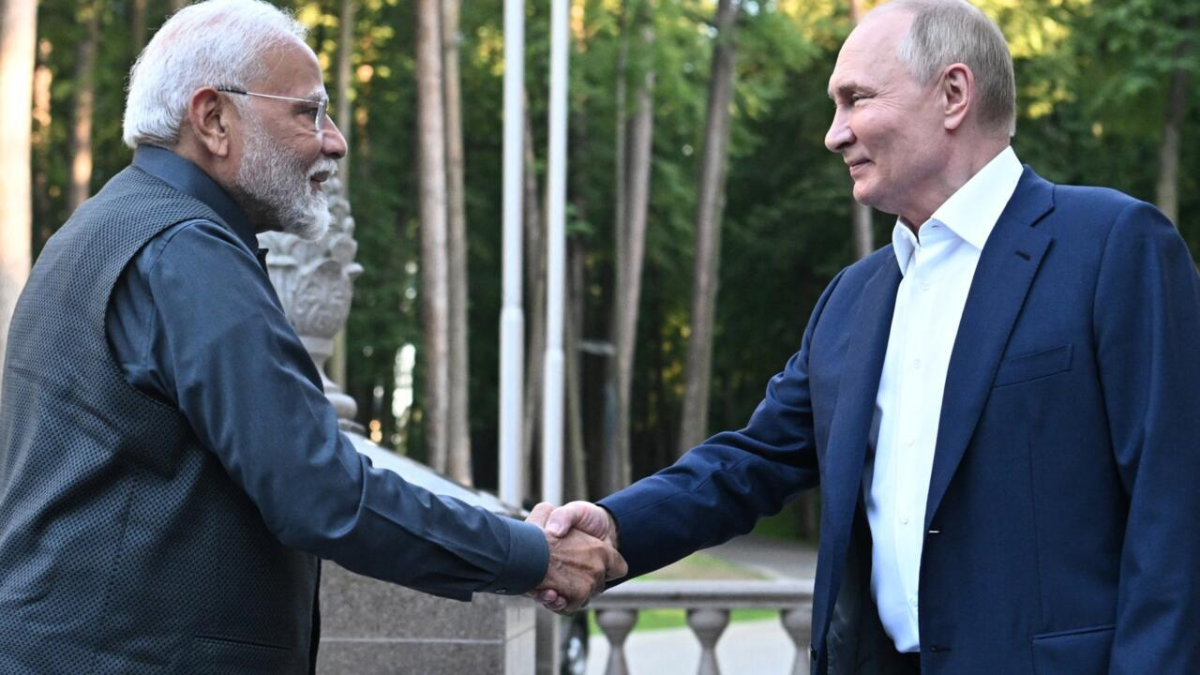India-Russia Relationship is one of the most important and “deep rooted” strategic partnerships of this century. India must continue to build stronger ties with Russia in this uncertain world to serve its interests.
Since the Ukraine war started several western countries have pressured India to rethink its relationship with Russia but India is not here to serve Western interests, it will serve its own.
Although India is making continued efforts to improve the relations with western partners as well, here’s a thing: India’s relationship with the west should not come at the cost of its strong and historic friendship with Russia.
Now let’s look at the history of India-Russia Relationship
When India got its independence in 1947, it adopted a non alignment foreign policy but when Western countries started to support a failed nation like Pakistan to serve their interest then India also had to build a strong relationship with the Soviet Union.
At the time when western countries focussed more on supplying weapons and funding a military state like Pakistan then India also had to counter western support so it start strengthening the ties with Soviet Union to save its interest in the region.
In the 1960s the Soviet Union became the largest supplier of defence equipment to India that includes MIG-21 Fighter Jets, tanks, submarines and even defence systems as well Unlike the Western countries, the Soviet Union providing these weapons to India without any political condition.Defence partnership between India and Soviet Union laid a foundation stone for a stronger relationship.
The Impact of Russia-Ukraine conflict
When Russia launched a military operation in Ukraine every Western country condemned and imposed heavy sanctions on Russia and they also expected the same from others as well since they think whatever is happening in their region is everyone’s problem but when anything is happening around Asia or Africa it is not their problem.
But India chose its own side, the side of peace.Prime minister Narendra Modi has categorically said that this era is not of war to Russian president Vladimir Putin and should focus on diplomacy and dialogue.
Many Western countries have threatened to impose sanctions India over their relationship with Russia but that doesn’t work. If you are going to hurt India’s Interest you will face the similar consequences.
This conflict has made India show its real power to the world that we are not here to serve anyone’s interests. India will serve its own Interest only just like any other country.
India did not support the war but will also not follow the Western countries blindly at the cost of the Russian relationship.
Russia became the largest Oil Supplier to India since the conflict started
Now India has seen an opportunity here to buy discounted Russian crude oil to protect its own energy needs. Russia became the top crude oil supplier to India in 2024-2025 surpassing Saudi Arabia and Iraq, India made these payments in rupees to avoid the Western sanctions.
This step has helped India to control the inflation and maintain its economy in the time of global crisis.
In An Interview with ORF the foreign Minister of India Stated that “ Europe has managed to reduce its imports while doing it in a manner that is comfortable…..If a country with per capita income of 62000 Euro, you are concerned so much about your population then i have a population of 1.4 billion people with a per capita income of 2000 dollars.I also need Energy and i am not in a position to pay higher prices for oil” he said.
With this step India has sent a direct message to the western countries that don’t lecture us about what we have to do.
The role of Nato in Russia-Ukraine War
Since the conflict started, everyone was saying that it is Russia vs Ukraine but in reality it is Russia vs NATO, I will call this a proxy war between United states led military alliance vs Russia.
After the cold war the NATO expanded very quickly near the Russian borders countries like Estonia,Latvia,Lithuania and became full members of the NATO alliance. Now when Ukraine said they also have an intention to join NATO then it became a red line for Russia.
Russia has repeatedly said that NATO should not increase its military presence near the Russian borders but they ignored all the warnings.
Before the war started the NATO had conducted joint military exercises in Ukraine and near the black sea which Russia has seen as a direct threat. Many Western countries have started supplying weapons to Ukraine and also installed air defence systems near eastern European countries.
Even since the war started the United States and European countries have sent billions of dollars to Ukraine and they also have sent military weapons like attack drones, missiles, tanks, air defence systems, and even F-16 Fighter Jets as well.
Now when peace talks were possible NATO members had pushed Ukraine to fight Russia and let me tell you the hard truth that many Americans and Europeans don’t want to accept that Russia has sent many proposals for peace talks but they were all rejected.
NATO has only one mission and that is to bleed Russia economically and militarily.
Why India Must strengthen its ties with Russia
Russia is a trusted energy partner of India and it has provided the affordable crude oil to India during the time of Global crisis helping the Indian economy and its people from inflation.
This is a mutual benefit – not a favour.
There is another reason to strengthen the ties with Russia is, it also backs the Multipolar world where countries can take decisions independently and they are not influenced by the US-led Or China led world.
Upcoming visit of Vladimir Putin To India
The president of Russia, Vladimir Putin is set to visit India for the India-Russia annual summit later this year. This will be the first visit of Putin to India since the Ukraine war began.
This visit will likely focus on:
Defence Partnership
Boosting energy and trade deals
Strengthening the collaboration in space and emerging technologies.
Ends:
